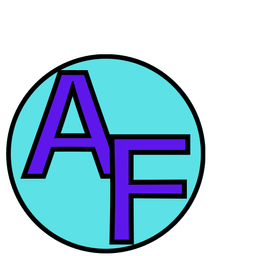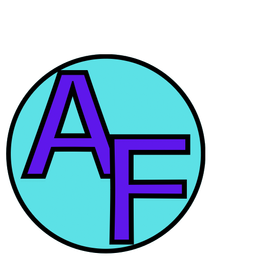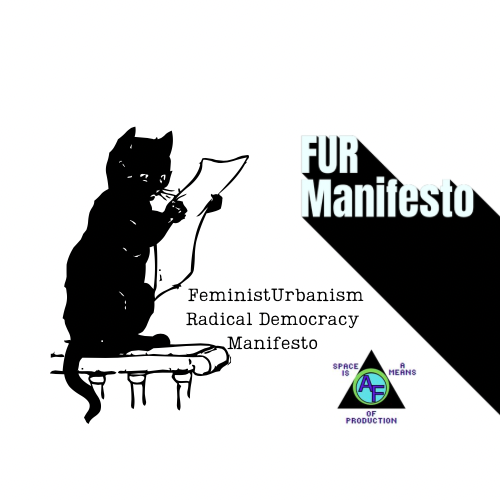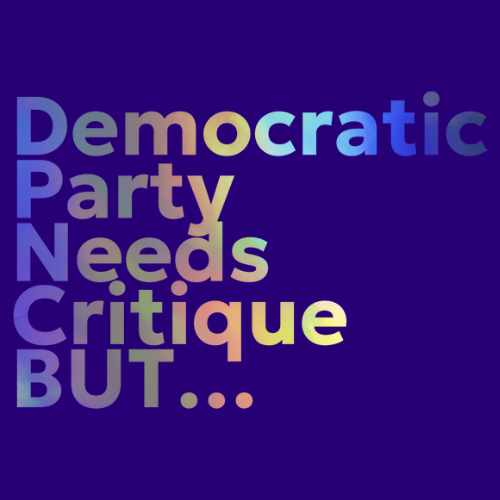So who is the real working-class hero? Wow, we need indy media more than ever now!
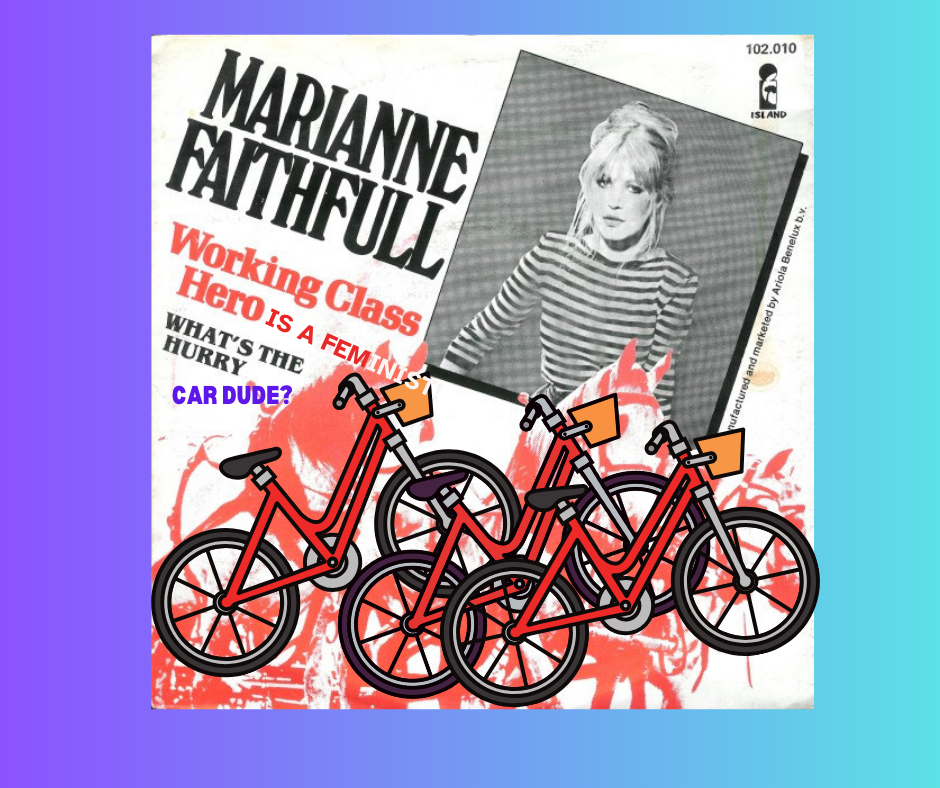
Hello folks,
I won’t even link today’s NY Times op-ed by Bret Stephens, google it.
This week has been a Coney Island roller coaster that hasn’t been serviced since 2010, I think it’s called the Cyclone. By day, I teach working-class community college students about the political economy, and by night, I write about it through the lens of feminist urbanism. In mid-afternoon, my writing often blends both worlds and usually involves some reading, currently I’m reading American Whitelash by Wesley Lowery.
Lately, I’ve been reflecting on power—specifically, who holds it, who uses it to shape narratives, and who decides which stories are uplifted.
A dominant narrative claims that Rural America doesn’t get its fair share, but data tells a different story. Per capita, rural areas receive disproportionately higher federal subsidies compared to urban areas, even though they often vote against policies enabling these subsidies.
Why does this happen? Part of it is the geography of people, land, and resources. It costs more to fund services in areas where populations are spread out, and the money doesn’t stretch as far. In rural America, subsidies often end up concentrated at the top of the socioeconomic ladder.
The level of income inequality varies greatly across localities, including between rural and urban areas1. Since 1970, non-metropolitan counties have tended to have much higher average levels of income inequality than metropolitan counties (Moller et al. 2009; Thiede et al. 2019).
To the average person in rural communities, their experience might still feel like one of scarcity—and their frustration often gets directed at the wrong targets. This misdirection ties back to power: who tells the story, who controls its distribution, and who shapes its meaning.
Here at AF, our goal is to challenge the status quo by presenting alternative narratives, encouraging critical thought, and examining the connections between land, power, and people.
Let’s keep asking questions and digging deeper.
Remember we publish a new story everyday Monday through Friday. Please share with feminists, friends (and foes).
Here are some items we published this week:
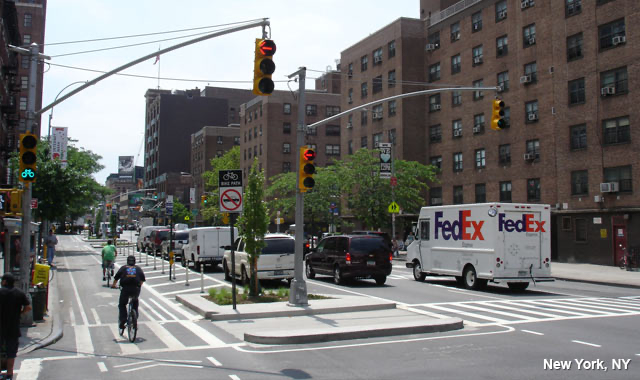
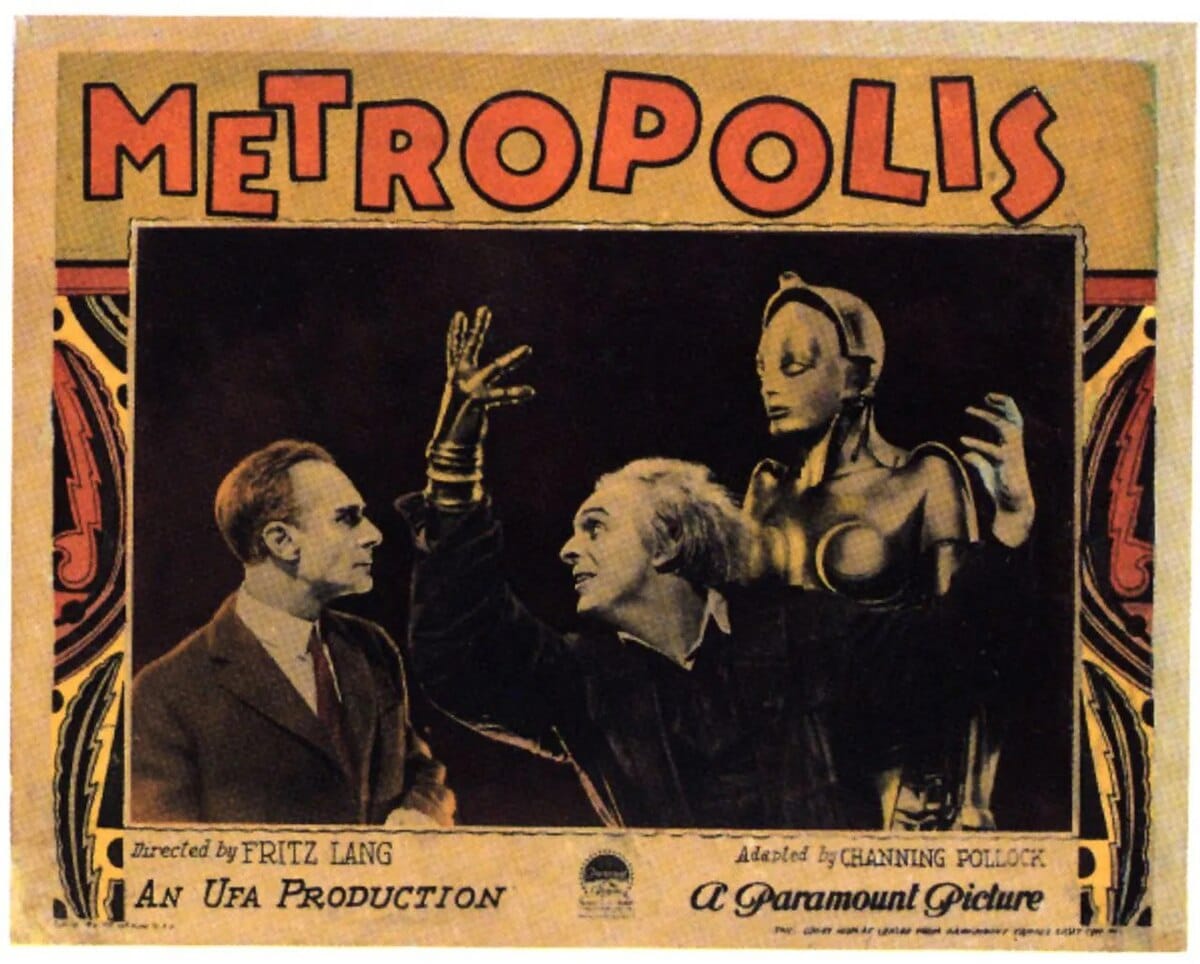
Your Femininomenon Urbanism,
Lo Sontag


